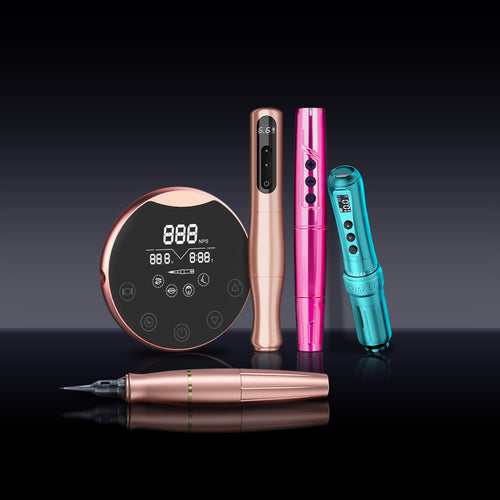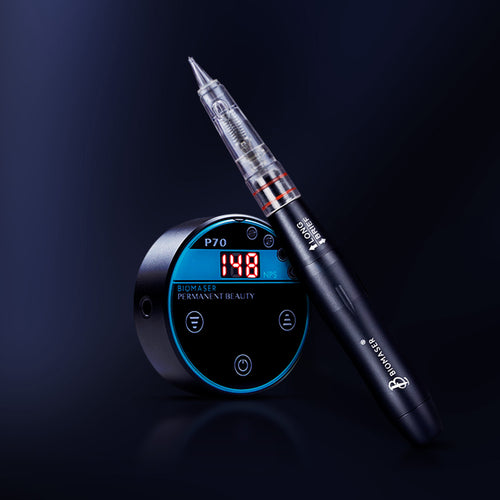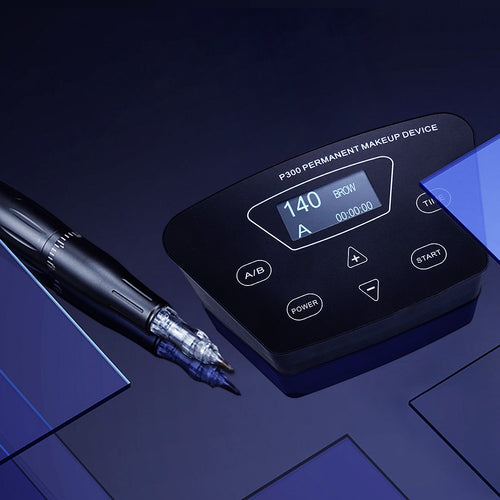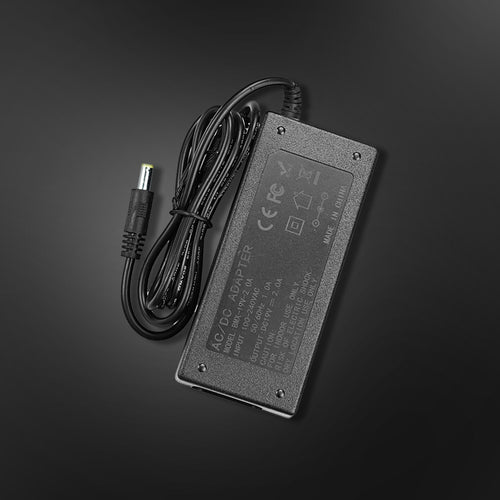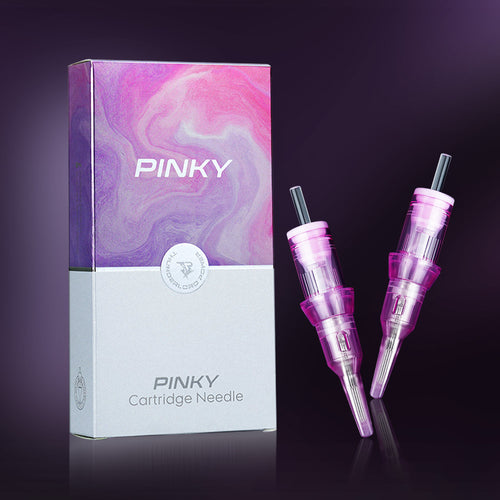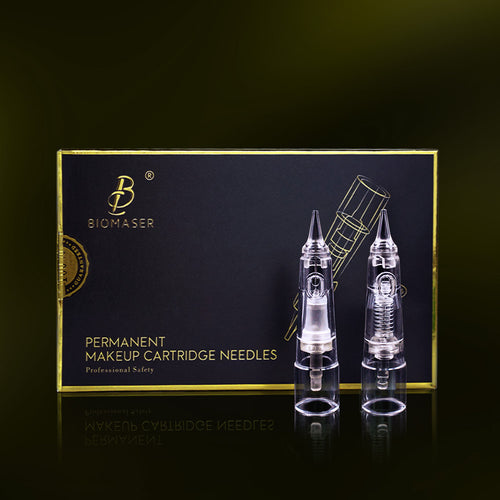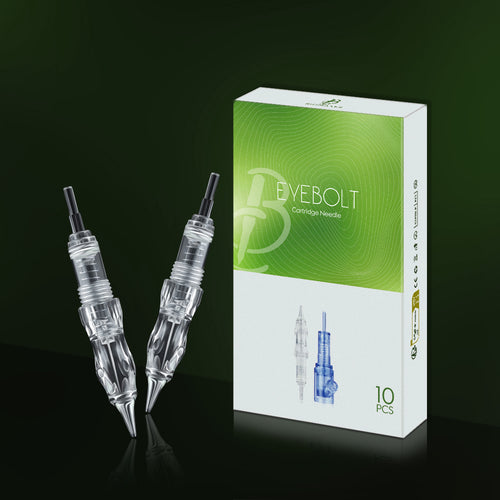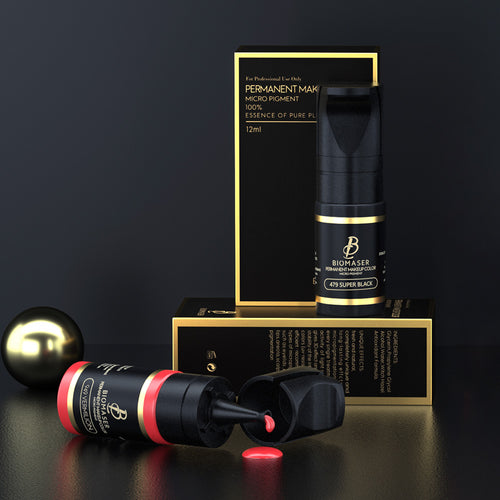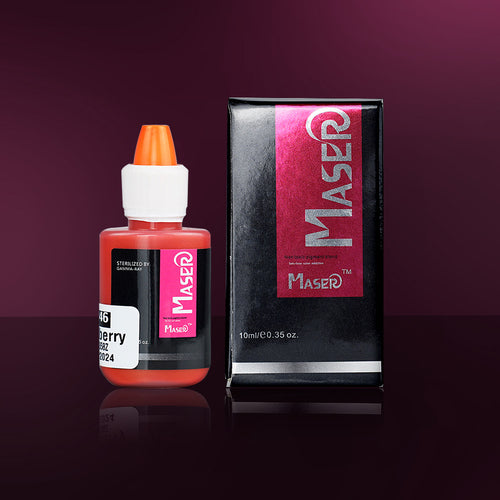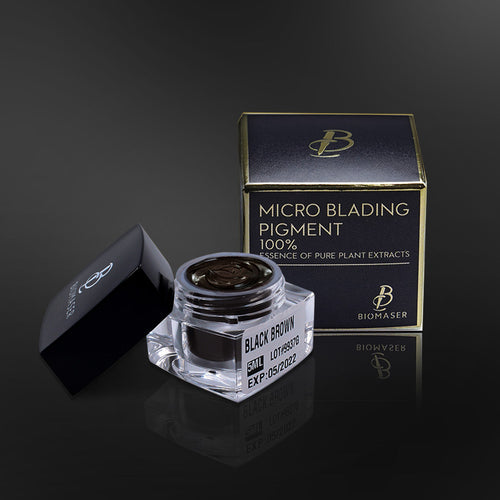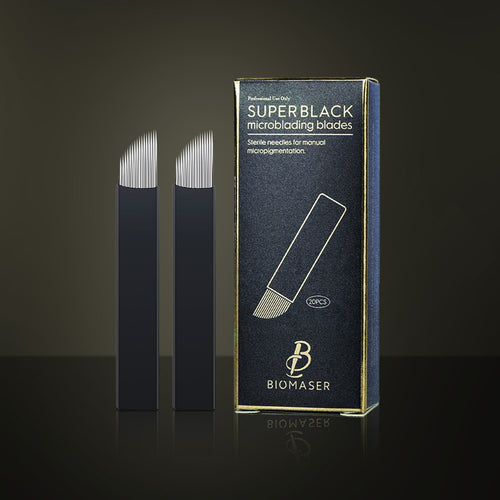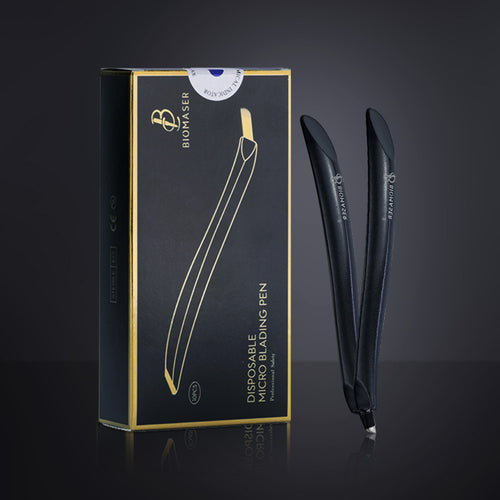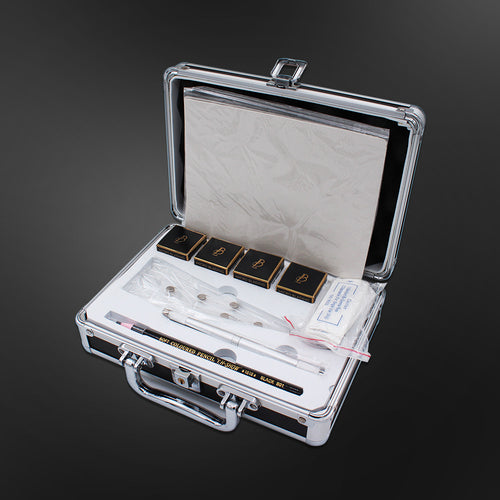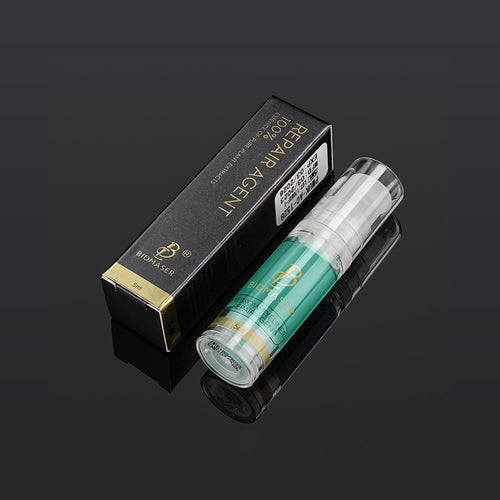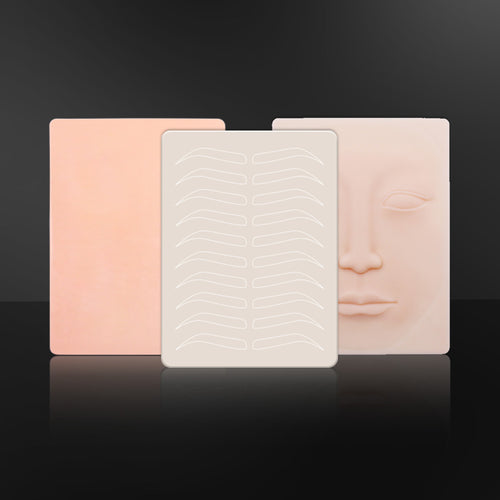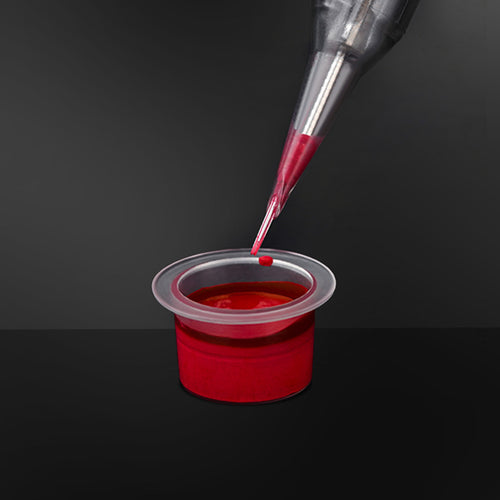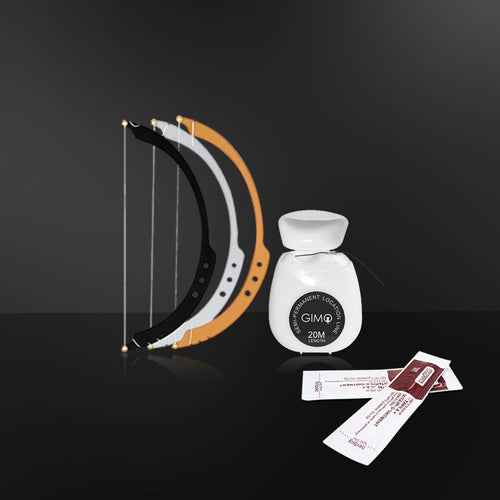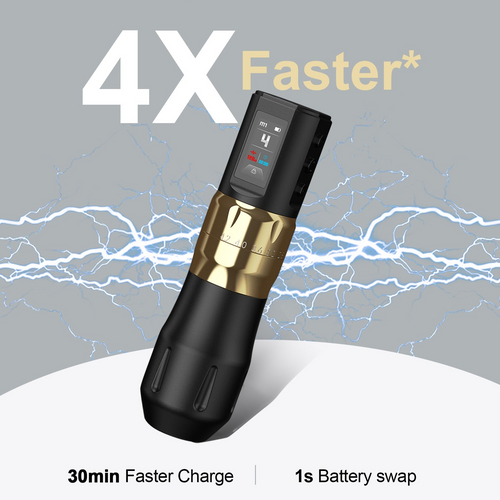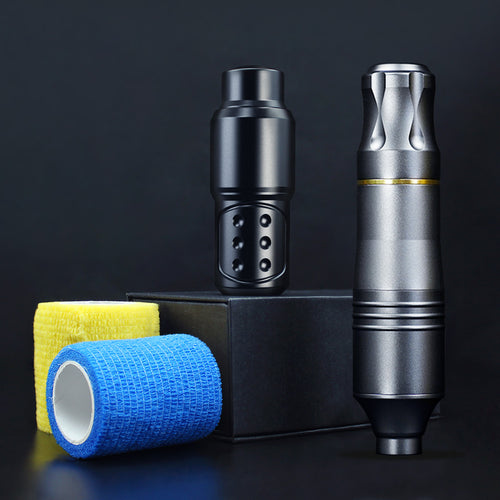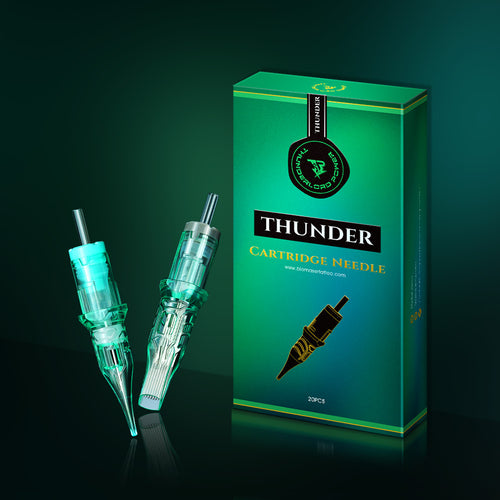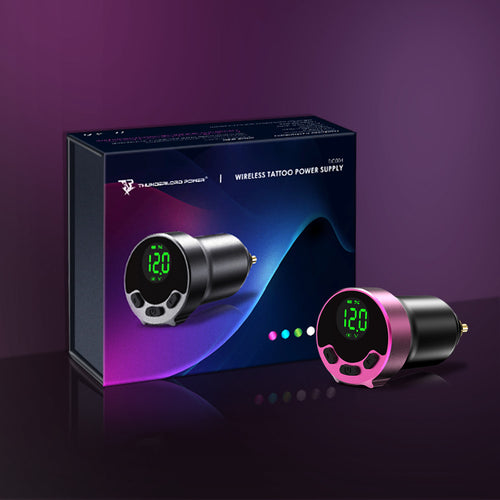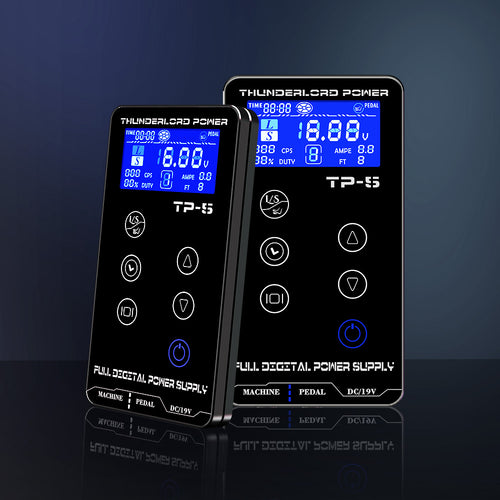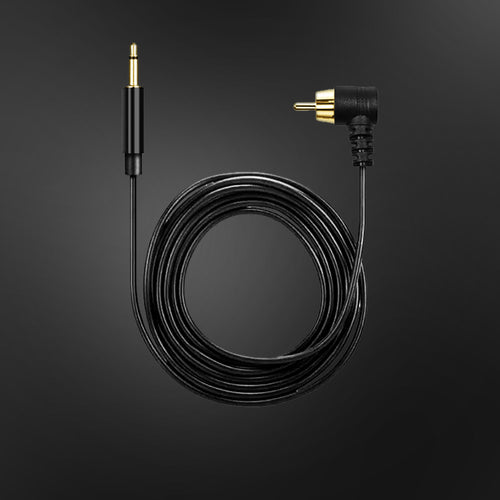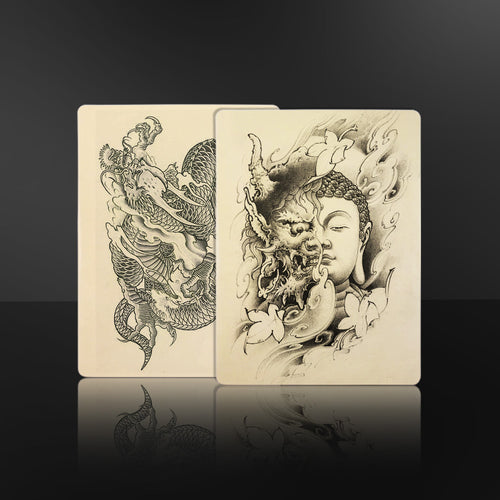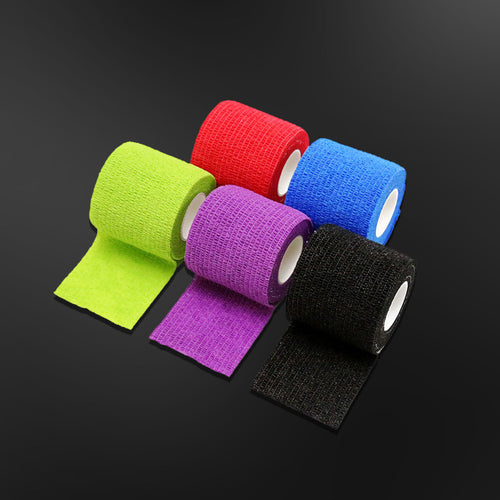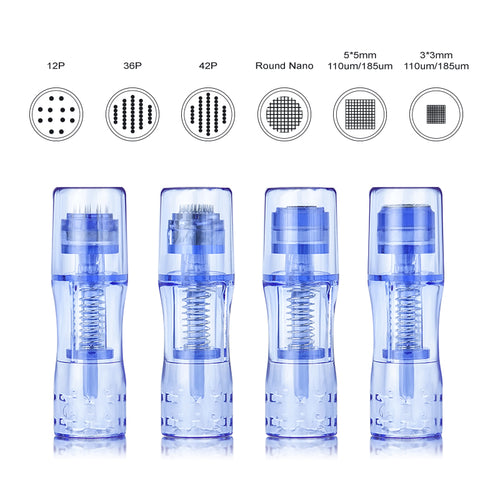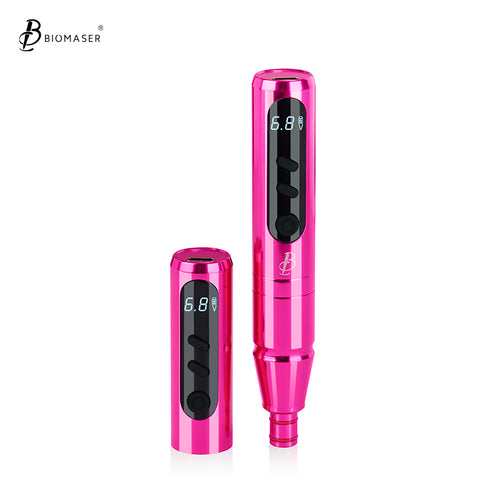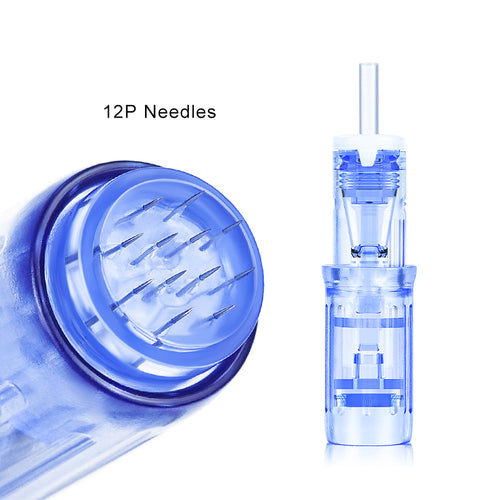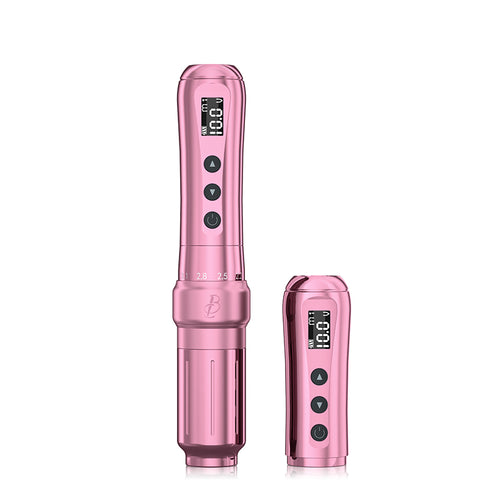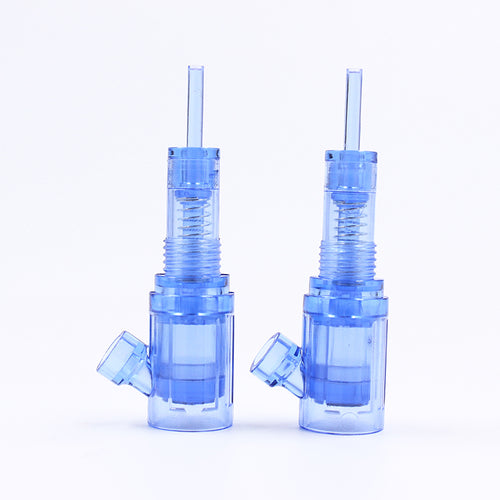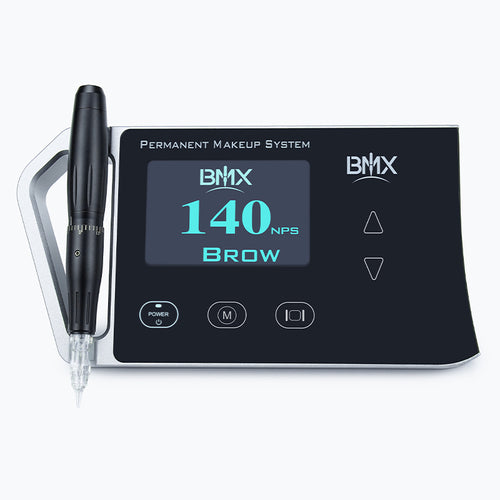Top Materials for Tattoo Machine Frames: Which One is Right for You?
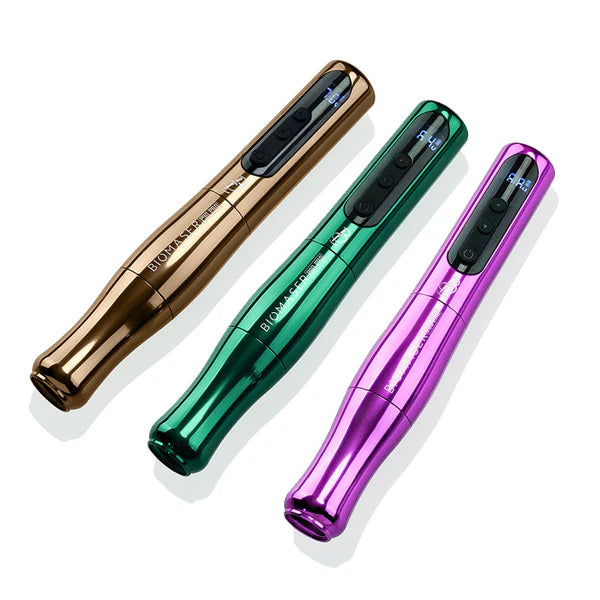
|
Material |
Weight |
Durability |
Vibration Absorption |
Cost |
Maintenance |
|
Stainless Steel |
Heavy |
High |
Good |
High |
Easy |
|
Aluminum Alloy |
Light |
Medium |
Fair |
Medium |
Low |
|
Brass |
Heavy |
High |
Good |
Medium-High |
Regular cleaning needed |
|
Iron |
Very Heavy |
Very High |
Good |
Medium |
High (rust prevention) |
|
Carbon Fiber |
Very Light |
High |
Excellent |
Very High |
Low |
|
Plastic/Composite |
Very Light |
Low |
Poor |
Low |
Low |
Tattooing is an intricate art that requires skill and creativity, along with the right tools. Among these tools, the tattoo machine is one of the most essential. The material used for the machine's frame can greatly affect its performance, comfort, and overall experience for both the artist and the client. This blog will look at how the material used for tattoo machine frames affects tattooing. It will also introduce some common materials and give advice on choosing the right one.
The Impact of Frame Material on Tattooing
Frame Material Affects Performance
The material of a tattoo machine frame affects how well it works. Different materials are stiffer or more vibration-absorbing. A heavier material can absorb more vibrations, making it smoother to use. This is important during long sessions, as too much vibration can cause fatigue and discomfort.
Weight and Ease of Use
Weight influences how easily a tattoo machine can be handled. Lighter materials allow for better agility and ease of use, especially during intricate work. On the other hand, heavier materials can provide stability and a more solid feel while applying tattoos. The choice of material should match the artist's preferences.
Influence on Machine Durability
The lifespan of a tattoo machine depends on the material it is made from. Stainless steel is tough and resistant to rust and wear. Plastic may not hold up well over time. A durable frame material will help ensure the tattoo machine remains dependable.
Comfort During Long Sessions
The right frame material can help the artist's hands and wrists. Ergonomic machines with comfortable materials help artists work longer without discomfort. This focus on comfort helps maintain precision and skill, which enhances the client experience.

Common Materials for Tattoo Machine Frames
When discussing tattoo machine frames, several common materials are available, each with its own advantages and disadvantages. The five popular options include stainless steel, aluminum alloy, brass, iron, carbon fiber, and Plastic and Composite Materials.
Stainless Steel
Pros: Stainless steel is strong and doesn't rust. They look professional and stay in good condition even when used a lot. Cleaning stainless steel is easy, which helps keep tattooing hygienic.
Cons: Stainless steel can be heavier than other materials, which can lead to fatigue during long sessions. High-quality stainless steel frames are more expensive than lighter options.
Aluminum Alloy
Pros: Aluminum alloy frames are well-known for being lightweight and strong, offering a good balance between durability and ease of use. They are often cheaper than stainless steel, so are popular with beginners and experienced artists.
Cons: However, aluminum is less durable than steel and may bend under high stress. This can affect the precision of the tattooing process when doing detailed or heavy-duty work.
Brass
Pros: Brass frames are good for electromagnetic coils because they conduct electricity well. They also have a unique aesthetic appeal, often giving the machine a vintage or artistic look.
Cons: On the downside, brass frames tend to be heavier than aluminum or plastic, which may not be ideal for every artist. They can also tarnish if not properly maintained, requiring regular cleaning to keep them looking their best.
For detailed advice on keeping your tattoo machine in top condition, check out our blog on how to clean and maintain your tattoo machine.
Iron
Pros: Iron frames are extremely durable and have been a traditional choice for many tattoo artists for years. They can endure heavy use, providing reliable performance over time.
Cons: The weight of iron can be a drawback, potentially causing fatigue during long sessions. Additionally, iron frames need careful maintenance to prevent rust, which requires regular cleaning and upkeep.
Carbon Fiber
Pros: Carbon fiber is becoming increasingly popular because it is lightweight and strong. It offers excellent vibration dampening, making it a favorite among artists who want a smooth tattooing experience with minimal fatigue.
Cons: The main downsides of carbon fiber are its higher cost and relative scarcity in the market. While it is strong, it can also be more fragile than metals, which may lead to damage if dropped or mishandled.
Plastic and Composite Materials
Pros: Plastic and composite materials are often the most affordable options available. They are lightweight, making them easy to handle during detailed work, and they come in various designs and colors to match personal styles.
Cons: Plastic frames are cheaper but wear out more quickly. They may not look professional, which is important for some artists working in high-end settings.

How to Choose the Right Tattoo Machine Frame Material
Assess Individual Preferences
Every artist has unique preferences. Think about what is most important in terms of comfort and functionality. Agility-focused artists might prefer lightweight materials like aluminum or carbon fiber.
Consider Safety Alongside Preferences
When selecting your tattoo machine, it's crucial to not only focus on material but also on safe usage practices, especially if you're using modern equipment.
Consider the Type of Tattooing Style
Consider the type of tattooing you do. This can also affect the material you use. If you do detailed line work, a lightweight machine is good for precision. Those who mainly do shading might want a stronger frame.
Durability vs. Comfort
Finding the right balance between durability and comfort is essential. Travelling artists want lightweight options that won’t weigh down their kit, while those working from home want sturdier ones to withstand repeated use.
Budget and Long-Term Value
Think about how much you can afford to spend and whether you want to invest in a good quality tattoo machine. Higher-quality materials cost more upfront but last longer and are more reliable. Consider the short-term costs and long-term benefits to make an informed decision.
Ask an expert
Experienced tattoo artists or professionals can give you great advice on frame material. They can tell you what works best in real life to help you choose.
Select the Right Frame Material for Tattoo Success
The right material for a tattoo machine frame is essential for a successful tattoo setup. Each material has different advantages and disadvantages, affecting things like performance, durability, comfort and maneuverability. Knowing what to look for in a frame material and considering what's available helps artists choose the right one.
FAQs:
- How do I know if a heavier machine is suitable for me?
Heavier machines are better for large or detailed tattoos that need to be stable. However, if you prefer agility and quick movements, consider a lighter machine to reduce fatigue during long sessions.
- What should I consider when switching from one material to another?
When switching materials, evaluate how the new frame affects your comfort and tattooing style. Compare the weight, vibration, and handling of the new machine to that of your old one. You might need time to get used to it.
- Can I customize my tattoo machine frame?
Many tattoo artists enjoy customizing their machines by adding personal touches or modifications. While some frames can be easily modified, ensure that any changes don’t compromise the machine's performance or safety. Find out how to maintain your tattoo machine.
- How do I know when to replace my tattoo machine frame?
Signs that it might be time to replace your tattoo machine frame include visible wear and tear, such as cracks or significant rust (especially in metal frames), decreased performance, and increased discomfort during use. Regular inspections help identify issues early.
- Do the frame materials affect the final appearance of the tattoo?
The frame material itself does not directly impact the appearance of the tattoo, but it can help the artist apply ink more precisely and comfortably. A machine that feels right to an artist can lead to better control and a better final product.
